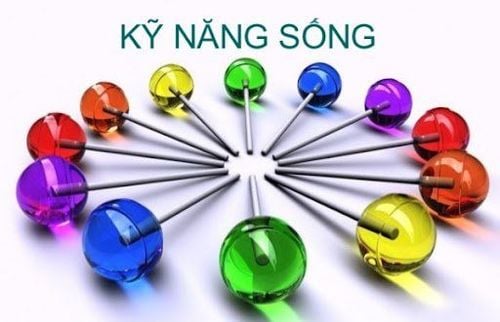This is an automatically translated article.
Have you ever listened to a sad song when you were having a great day and quickly had a mood swing? Happiness, too, is an emotion that can be passed on from one person to another, also known as emotional contagion, which occurs when you imitate without conscious effort, emotion and expression. appearance of people around.
1. Happiness is contagious
What is happiness? Happiness is a contagious emotion that occurs when you imitate without conscious effort the feelings and expressions of those around you. According to new research from Harvard Medical School and the University of California, happiness is influenced not only by the people you know but also by the people you don't know. Research shows that the happiness that spreads through social media is like a virus, which means your happiness can affect the happiness of someone you've never even met.
The concept of mirror neurons originated when researchers in the brains of macaques discovered that a certain neuron was activated when the monkeys did something and when the control Other monkeys do the same thing. It seems that a similar process could occur in humans. Some experts believe that the mirror system goes beyond physical actions and may explain how we experience empathy with others. According to a published study, smokers are more likely to give up smoking when their family, friends and other social circle stop smoking.
Watch now: Happiness comes first, success follows
2. How is happiness contagious?
Experts who study emotional contagion believe that this process usually occurs in three stages: imitation, response, and contagion.
2.1 Imitation
To imitate someone's feelings, especially happiness, you must first recognize that happiness from within. Emotional cues are often very subtle, so you may not always be aware of this. In general, emotional imitation occurs through body language. For example, when talking to a friend, you may unconsciously start copying their posture, gestures or facial expressions.
If you start a conversation with a little bit of anxiety, the atmosphere will become tense, but if your friend's face seems relaxed and open, your own expression will change too and can gradually relax. Imitating happiness can help you relate to others by understanding their experiences. So this is an important aspect of social interaction. But that's only part of the process of spreading happiness.

Hạnh phúc là thứ dễ lây lan, xảy ra khi bạn bắt chước mà không cần nỗ lực có ý thức
2.2 Comments
You begin to experience happiness by mimicking that emotion. In the example above, a relaxed facial expression can help you feel more confident and calm. This can also happen with deeper emotional experiences and moods like depression, says a psychologist in Washington DC. For example, someone with depression may express their feelings through body language, facial expressions, speech patterns, and words. This can trigger a similar emotional response in people who are more vulnerable to these cues.
2.3 Contagion
Imitating a happy emotion often evokes that emotion in you and then it becomes part of your own experience. You begin to express that emotion or relate to others in a similar way and the process of spreading happiness is complete.
In short, happiness is a contagious emotion. If you live with positive people, you will also feel happy and vice versa. When you are happy you can also spread this to the people around you. Therefore, always live happily to spread great things to everyone.
Follow Vinmec International General Hospital website to get more health, nutrition and beauty information to protect the health of yourself and your loved ones in your family.
Please dial HOTLINE for more information or register for an appointment HERE. Download MyVinmec app to make appointments faster and to manage your bookings easily.
References: webmd.com, healthline.com













